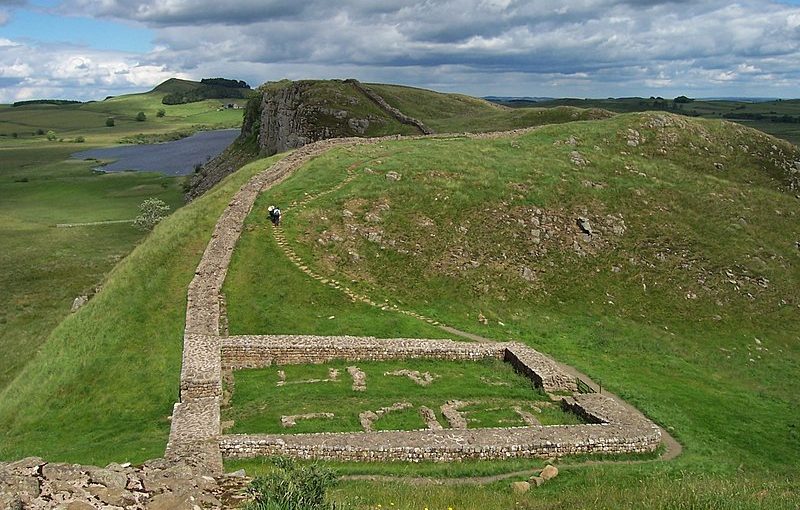Psalm 1
1:1 Blessed is the man
who walks not in the counsel of the wicked,
nor stands in the way of sinners,
nor sits in the seat of scoffers;
1:2 but his delight is in the law of the LORD,
and on his law he meditates day and night.
1:3 He is like a tree
planted by streams of water
that yields its fruit in its season,
and its leaf does not wither.
In all that he does, he prospers.
1:4 The wicked are not so,
but are like chaff that the wind drives away.
1:5 Therefore the wicked will not stand in the judgment,
nor sinners in the congregation of the righteous;
1:6 for the LORD knows the way of the righteous,
but the way of the wicked will perish.
The Psalmist asks us the basic question “Are you happy?” Some translations used the word blessed, others fortunate, and still others happy. After a long days work, after a great work out, after a lovely meal, or wonderful family visit we are still left with the question. “Are you happy?” The Psalmist says that no matter of comparison, conspiring or contriving will bring about our happiness. The only thing that will bring us happiness is God’s covenant love.
Words tantalize, mesmerize, entice and invite. This Psalm considers the power of words. The first psalm serves as the gateway into the entire book of Psalms, stressing that those who would worship God genuinely must embrace his Law (or Torah), i.e., his covenant instruction.
It does not have a particular historical or social setting. In both the early Jewish(Berakhot 9a) and Christian (Acts 13:33) traditions, it was believed to have been joined to Ps 2, and the two psalms together were considered to be the first psalm of the Psalter. What both Psalm 1 and 2 accomplish poetically (Psalm 1) and prophetically (Psalm 2), are to remind the reader that in the end there are really only two ways to live.
This Psalm is divided into two parts (1-3) showing what the model human life should look like and its fruit (3-6).
The New Testament further outlines what true happiness looks like in Matthew 5 with the list of beatitudes [Latin for happy or blest]. Jesus takes that first word “Happy!” expounds it and intensifies its meaning. The happiness Jesus offers is literally too good to be true. It is too lofty, too ideal, too amazing to actually achieve. Paul rightly recognizes this quoting Psalm 1:2 in Romans 7:22 “I delight in the law of the Lord in my inmost being.” Unfortunately Paul goes on to say that he cannot live up to this beautiful ideal of happiness, but “thanks be to God through Jesus Christ”(Rom 7:25) in whom we total and complete happiness. Jesus is the one who for Love walked in the council of the wicked, stood in the way of sinners, sat in the seat of scoffers so that we would not be driven out like chaff or wither and waste but experience happiness and fruitfulness.
How does Jesus invite us into this Happiness on a daily basis? The Psalmist uses the word meditate (hagah in Hebrew), it is the same word that Isaiah uses to say when a Lion enjoys his dinner (Isaiah 31:4). Has God’s love so melted us that obedience to him is no longer a duty but a delight. When seeing the Law fulfilled by Christ we no longer see obedience as a duty but as delight and devotion.
As the English hymn-wright and poet put it…
“Love Constrained to Obedience”
William Cowper
How long beneath the law I lay
In bondage and distress;
I toll’d the precept to obey,
But toil’d without success.
To see the law by Christ fulfilled
And hear His pardoning voice,
Changes a slave into a child,
And duty into choice.









